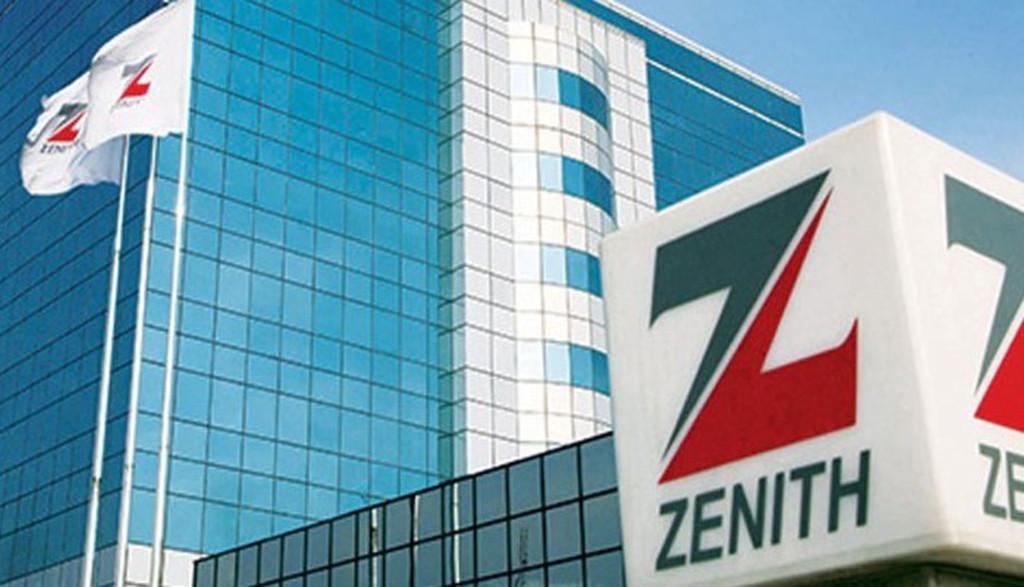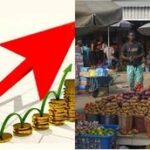Nigeria’s inflation rate took another stride, hitting 33.2% in March 2024, marking a 1.5% jump from February’s 31.7%.
Though the climb persisted, it was a tad slower compared to the prior month’s increase of 1.80%. The National Bureau of Statistics (NBS) unveiled these figures, illuminating a nuanced narrative behind the numbers.
Join our WhatsApp Channel“Inflation continues to surge, largely fueled by the escalating costs of essentials like food and energy,” remarked an economist familiar with the data. “This surge puts pressure on households, especially those grappling with limited incomes.”
Food inflation, a crucial gauge of consumer strain, sprinted to 40.01% year-on-year in March 2024, a hefty leap from 24.45% a year earlier. Prices of staples like garri, millet, and yam surged, exerting an extra strain on already stretched budgets. Despite a slight dip from February, the month-on-month food inflation remained high at 3.62%.
Urban areas bore the brunt, with inflation hitting 35.18% year-on-year in March, a stark ascent from 23.07% in the same period last year. Rural regions weren’t spared either, witnessing a rise to 31.45%, up from 21.09% in March 2023.
READ ALSO: Diesel Price Drop Will Bring Down Nigeria’s Inflation Rate – Dangote
Core inflation, excluding volatile agricultural products and energy, settled at 25.90% in March 2024, up from 19.63% a year earlier. The surge signals a broader-based inflationary pressure, amplifying concerns over economic stability.
“This inflation surge underscores the need for proactive measures to mitigate its adverse impacts,” asserted a financial analyst. “Policymakers must tread cautiously, balancing the need for growth with the imperative of price stability.”
As the nation grapples with this economic challenge, experts stress the importance of targeted interventions to shield vulnerable populations from the brunt of rising prices. “Addressing inflation requires a multifaceted approach, encompassing monetary policy, fiscal measures, and structural reforms,” remarked an economist.
Amidst these inflationary pressures, policymakers face a delicate balancing act, striving to reign in prices without stifling economic activity. “Finding the right balance is crucial,” emphasized an economic strategist. “Policymakers must remain vigilant, adapting their strategies to navigate the evolving economic landscape.”
With inflationary pressures showing few signs of abating, Nigeria’s economic resilience faces a stern test. “Inflation remains a key challenge, threatening to undermine efforts towards sustainable growth and development,” cautioned an economic advisor. “Addressing this challenge demands concerted efforts and decisive actions.”
As the nation grapples with this economic conundrum, the path forward remains uncertain. However, experts remain hopeful that with prudent policies and concerted efforts, Nigeria can weather the storm of inflation, emerging stronger and more resilient in the face of economic adversity.
Emmanuel Ochayi is a journalist. He is a graduate of the University of Lagos, School of first choice and the nations pride. Emmanuel is keen on exploring writing angles in different areas, including Business, climate change, politics, Education, and others.

















Follow Us